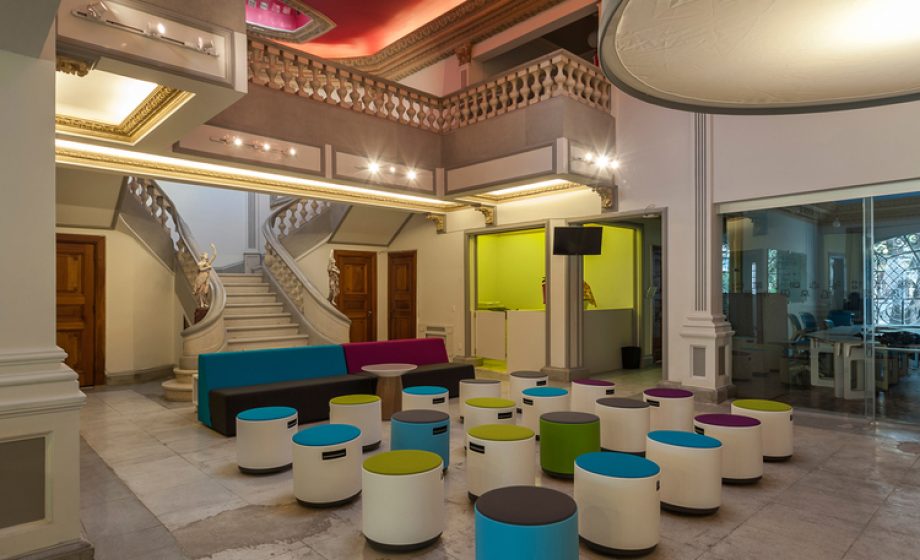NUMA has taken the next big step toward realizing its global dreams by announcing a joint venture that brings the Paris-based accelerator to Mexico City.
NUMA México will be its fifth location outside of Paris, and comes on the heels of an expansion to Barcelona. Arnaud Chaigneau of NUMA said in an interview that Mexico City offered tremendous potential thanks to a rapidly growing startup scene and its proximity to Latin American markets.
“We believe we can make a difference by bringing our know how and experience,” he said. “And they were very interested in our European connections.”
In this case, NUMA is partnering with Venture Institute, a Mexican accelerator that was founded by Federico Antoni, and Fernando Lelo de Larrea. NUMA will become a minority investor and the name will change to NUMA México.
This is a similar model NUMA has followed over the past year as it has opened accelerators in Moscow, Bangalore, Casablanca and Barcelona. Chaigneau said NUMA would be announcing another accelerator somewhere in Asia later this year, and in general NUMA has said it plans to open in 15 cities within the next three years.
NUMA is hoping to tap the Venture Institute’s experience to get a foothold in the Americas. Starting in Mexico made sense because the country’s venture capital industry has tripled in size over the past five years, from $515 million in 2010 to $1.48 billion in 2015, Chaigneau said.
Venture Institute was attracted by NUMA’s model of partnering with larger companies to help startups. That brings the potential of valuable connections that might otherwise be harder to find in Mexico, he said.
NUMA will start accepting applications for hits first accelerator class in Mexico City later this month. The goal is to select 20 startups by July who will participate in a 5-month program. A second class will be chosen later in the year, with the goal of having 40 companies annually.


